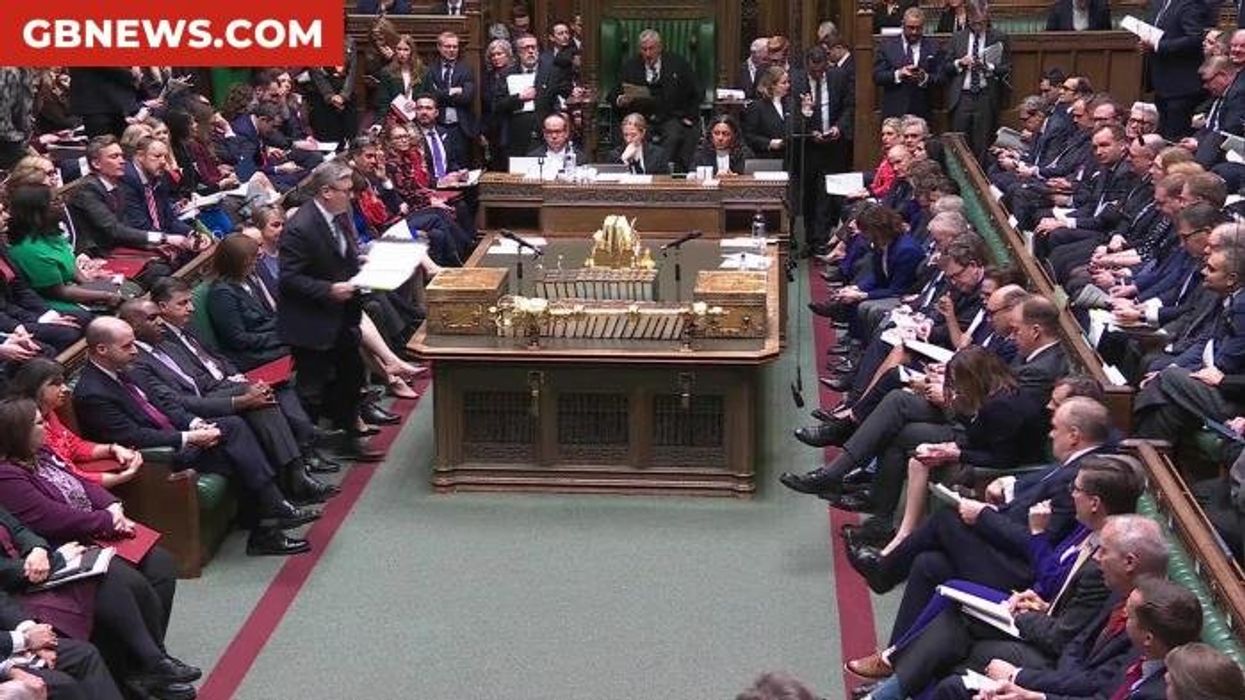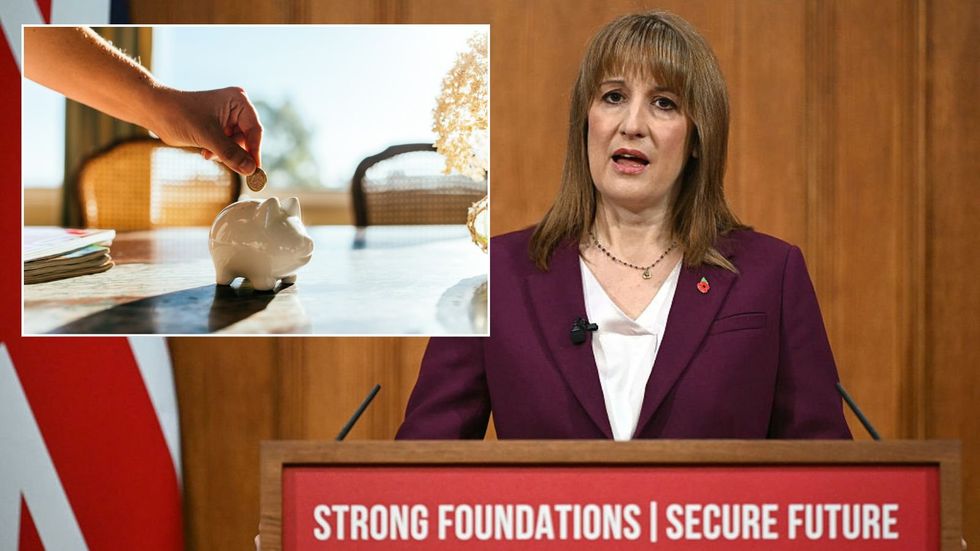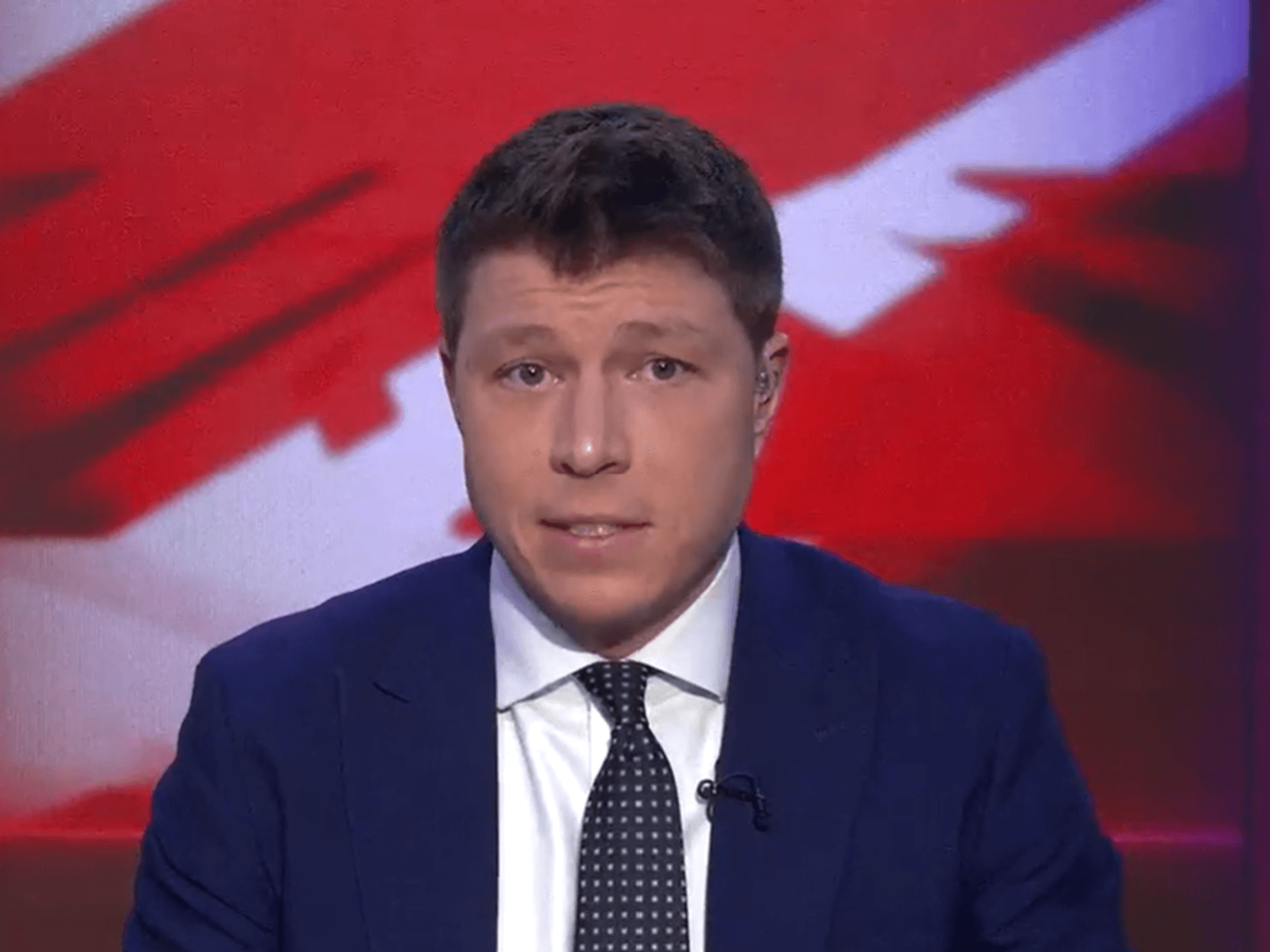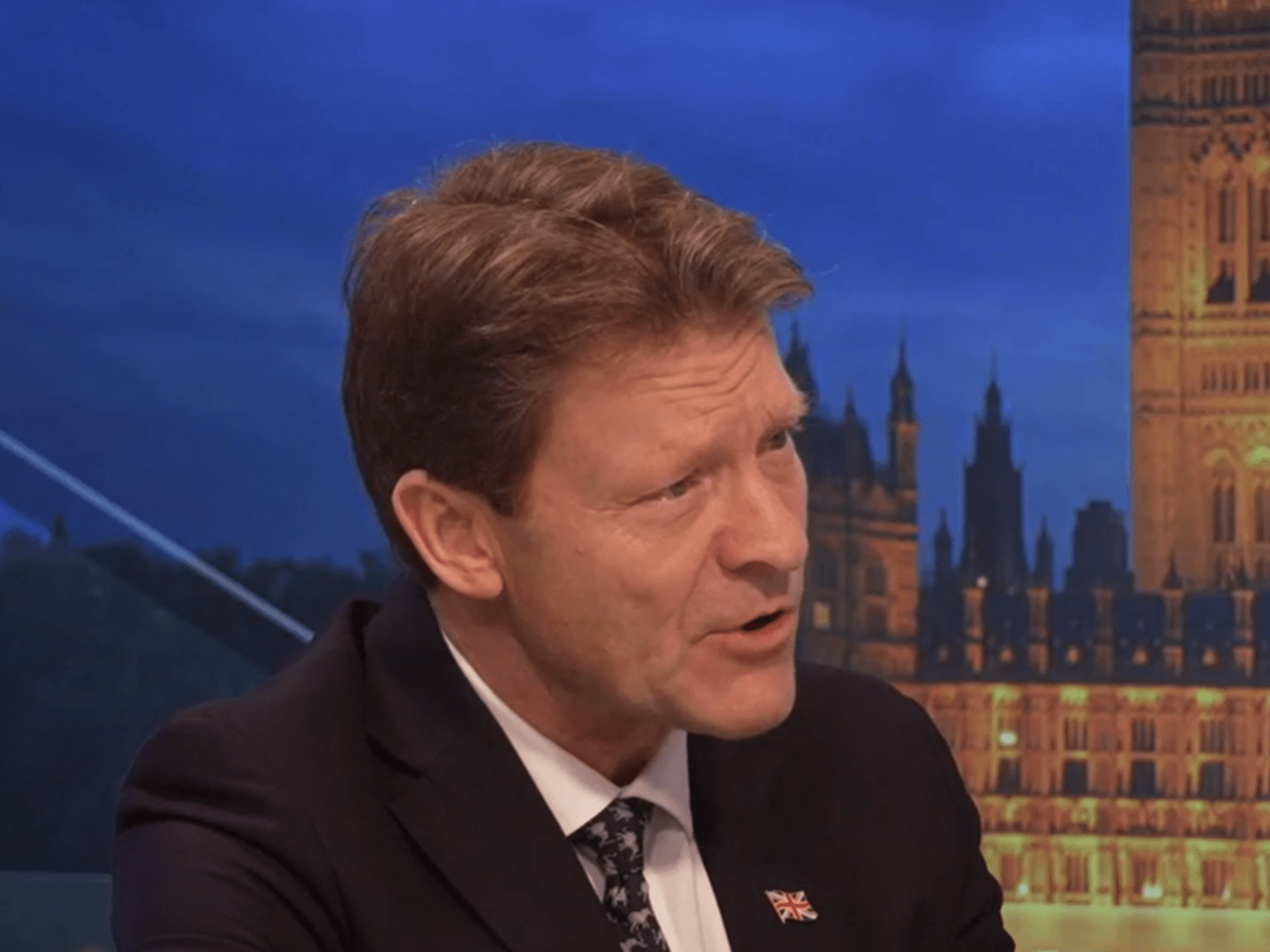Rachel Reeves confirms HUGE pension change affecting millions of Britons

Watch the moment Rachel Reeves discovers OBR Budget leak ahead of statement |

The change will affect millions of basic rate taxpayers
Don't Miss
Most Read
Rachel Reeves has announced that national insurance will be charged on salary-sacrificed pension contributions above an annual £2,000 threshold.
The change will take place from April 2029, raising £4.7 billion, the Office for Budget Responsibility said.
Contributions beyond the £2,000 threshold will no longer receive the National Insurance advantage and will instead be treated the same way as standard employee pension payments for tax purposes.
The move would see National Insurance applied at standard rates - eight per cent on salaries below £50,270 and two per cent on earnings above that level - to pension contributions beyond the proposed cap.
In the Autumn Budget, the Chancellor said: "I am introducing a £2,000 cap on salary sacrifice into a pension, with contributions above that taxed in the same way as other employee pension contributions.
"That is a pragmatic step so that people, especially those on low incomes and middle incomes, can continue to use salary sacrifice for their pension without paying any more on tax than they do now.
"To give individuals and employers time to adjust, these changes will come into affect in 2029."
Salary sacrifice arrangements enable workers to exchange portions of their gross salary for enhanced employer pension contributions, avoiding both income tax and National Insurance on the redirected funds.
The arrangement proves particularly beneficial as contributions are deducted before tax calculations, resulting in lower overall National Insurance payments for both parties involved.
Employers gain significant advantages from these schemes as they avoid paying National Insurance on the sacrificed amounts. Some companies pass these savings back to workers by adding them to pension pots, further enhancing retirement provisions.
The schemes have gained considerable traction following April's employer National Insurance rate increases, making them an increasingly attractive option for businesses seeking to manage rising employment costs whilst maintaining competitive benefits packages for staff.

The proposed changes would significantly affect workers' finances
| GETTYSteve Hitchiner, Chair of the Tax Group at the Society of Pensions Professionals (SPP) said: "Abolishing salary sacrifice for pensions will affect the take home pay of millions of employees – especially basic rate taxpayers – and is a tax on working people, in spirit if not in name.
"It is also another sizeable cost to employers and, perhaps most importantly its removal will reduce pension saving."
Sam Grice, Founder and CEO of Octopus Legacy, commented: "The £2,000 on tax-free pension contributions leaves many people unsure about how best to financially prepare for the future. The cap, alongside last year’s announcement that money left over from pension pots will be included in IHT calculations from 2027, are significant changes which may prompt people to review their long-term plans.
"Interestingly, we may now see an uptake in life insurance policies. Cover can be set at a fixed value, placed in trust, and paid out quickly upon death or critical illness. This means families may have more certainty regarding what will be available to them, and in which circumstances.
"I believe we’ll begin to see life insurance emerging as an increasingly practical tool, as pension rules continue to develop."
What is Salary Sacrifice for pensions?
Salary sacrifice for pensions (also known as salary exchange) is an optional arrangement where an employee gives up a portion of their salary in return for their employer paying an equivalent amount into their pension.
Although salary is sacrificed by the employee, it is treated as employer pension contributions for income tax and National Insurance purposes.
Who uses Salary Sacrifice for pensions?
Around a third of private sector employees make use of salary sacrifice arrangements, and almost 10% of public sector workers do so too.
How much does Salary Sacrifice for pensions cost?
There is a £4billion cost to the government in providing salary sacrifice arrangements (£1.2bn for employees and £2.9bn for employers) but there is also widespread recognition that this is a positive investment that incentivises pension saving.

These workers often make higher pension contributions, and if that becomes more costly, they will think twice about moving roles or accepting promotions
| GETTYBiscuit Recruitment Founder & Director Frances Li said: “This change hits a specific group of workers. It affects not the ultra-high earners but the professionals in their late 20s, 30s and 40s who are trying to do the responsible thing and save for retirement. They are the backbone of the workforce, and now they will be penalised for planning ahead.
“When long-term financial planning starts to feel like a penalty, people stop stretching themselves. That reluctance does not always show up in resignations. It shows up in hesitation, and hesitation slows innovation.”
She believes it could also impact talent mobility across key sectors. “We are likely to see caution from skilled professionals in finance, tech, engineering and healthcare. These workers often make higher pension contributions, and if that becomes more costly, they will think twice about moving roles or accepting promotions.”
Ms Li says employers will need to rethink their benefit strategies quickly. “Salary sacrifice used to be one of the few ways to make income go further. Now that space has narrowed. Salary alone will not retain talent. Employers will need to strengthen career development, flexibility and wellbeing support to keep people motivated.”
She adds that retention risks may rise before they become visible. “People will not necessarily leave. They might simply dial down their effort, and that shift is easy to miss but hard to reverse.”
Ms Li believes this Budget marks a turning point. “Pension contributions were once seen as a sign of security. Now they feel like a liability. If saving for the future becomes more costly, employers will need to act fast to stop their workforce from moving into preservation mode.”
More From GB News










